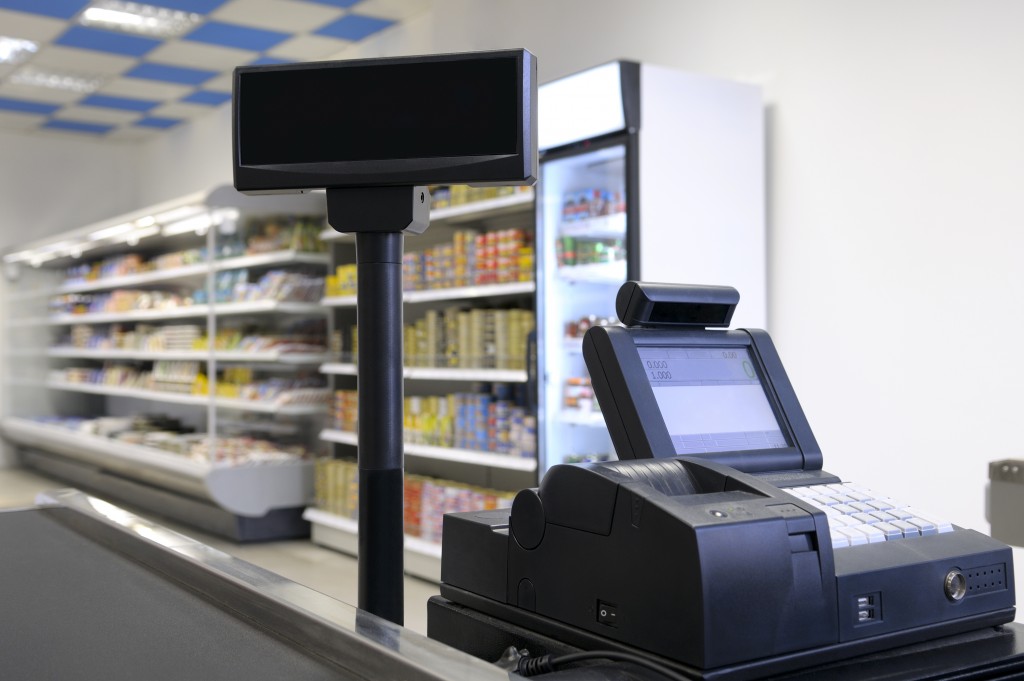Automating tasks using technology is currently the best way to control and monitor industrial processes. It has been around for a long time. But in the past, it was mainly used for large-scale manufacturing operations. Today, with more advanced technologies, automation is becoming increasingly useful, affordable, and accessible, even for small and medium-sized businesses.
Automation can help manufacturers improve efficiency and reduce costs. It can also help enhance the quality of products and safety. Manufacturers can focus their resources on more strategic tasks by automating tasks such as product inspection, quality control, and safety monitoring.
Some people think automation will only destroy jobs. However, studies show that tech can help create more than 12 million jobs in 2025 than it can destroy. By investing in automation, you can free up your employees to do other tasks that require a human touch while still benefiting from the increased efficiency of your industrial processes.
Here are three types of technologies you should start automating in your manufacturing business.
Material Handling Systems
Handling materials is an integral part of the manufacturing process. But it is also one of the most time-consuming and labor-intensive tasks. This is where automation can help.
Automating your material handling system can help you improve the accuracy of your inventory tracking. This can also help decrease the time needed to complete an order and reduce the amount of product damage that occurs during shipping and receiving.
One example of a material handling system is a conveyor belt. Conveyor belts move materials from one point to another. You can use this to transport raw materials, semi-finished products, and finished products. Automating your conveyor belts can help you improve the efficiency of your manufacturing process and reduce the amount of time needed to complete an order.
Reports show that manufacturing businesses that have automated their material handling systems have seen a decrease in labor costs, an increase in productivity, and a reduction in product damage.
If you are looking for a provider of conveyor belts and other automation solutions for your business, look no further than Southwest Solutions Group. They offer a wide range of products that can help you automate
By investing in material handling systems, your manufacturing business can save time and money. Your employees will also be able to focus on more value-added tasks, improving your bottom line.
Quality Control Systems
In manufacturing, quality control is one of the most critical aspects no manufacturer should ignore. It is the process of ensuring that the products manufactured meet the required standards. Quality control helps protect the brand’s reputation and ensures that customers receive a quality product. If your products don’t meet the quality standards, you will quickly lose customers and market share.
Quality control systems can automate repetitive tasks like inspections and testing so that your employees can focus on more complicated tasks that require a human touch. These can also help you collect data about defective products to identify defects’ patterns and root causes. You can then use this information to make changes to the production process so that fewer defects occur in the future.
An optical inspection system is just an example of a quality control system. It uses sensors and cameras to inspect products for defects. You can then use the data collected by the system to improve the production process and reduce the production of defective or substandard products.
Other examples of quality control systems are barcode readers and RFIDs. Barcode readers can track products throughout the manufacturing process and identify when a product is defective. RFIDs can help track developments in the supply chain so that you can quickly locate and fix any problems.
The good news is that many providers of such quality control systems now offer affordable but quality products. Sensors Incorporated, for instance, is one of the most trusted providers of machine vision technologies in the market today. Whether you are after barcode scanners and RFIDs, sensors, or other quality control products for your industrial sensing needs, they can surely help you. Their team of engineers makes sure you get the kind of support you need so you can finally address your sensing challenges.

Manufacturing Execution Systems
Another type of technology you should automate is your manufacturing execution system (MES). This software helps you track and control the production process from start to finish. MES systems can help you optimize production schedules, monitor equipment performance, and track material inventories in real-time.
Some of the benefits of MES systems are as follows:
- Reduce production costs
- Eliminate the need for paper-based records and manual data entry
- Improve product quality by providing real-time data that you can use to make adjustments to the production process
One type of an MES system is Shop Floor Control (SFC). SFC systems help you optimize production schedules, monitor equipment performance, and track material inventories in real-time. Automating your SFC system can help you reduce production costs and improve product quality.
To conclude, there are many types of technologies you should automate to stay ahead of the competition. By automating your business, you can save time and money while improving the quality of your products. In short, your investment in automation will pay off in the long run.

